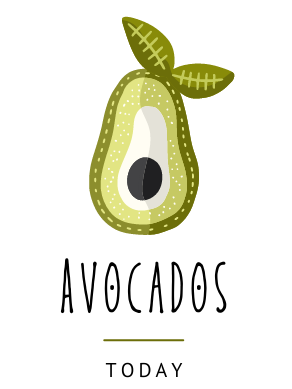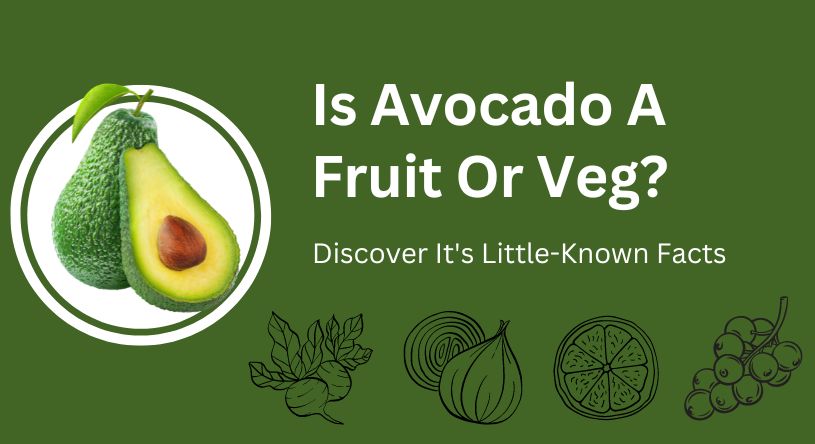Is avocado a fruit or veg? At first glance, the answer may seem obvious. Its green color, creamy texture, nutty flavor – everything about it screams savory plant, not sweet fruit. Yet strangely, the avocado defies this conventional produce categorization. Despite appearances, there’s more to this green goodness than meets the eye.
The avocado has a secret identity that may surprise you. Is this smooth, somewhat fatty food a vegetable as we’ve always assumed? Or could it actually be a fruit hiding in plain sight? To uncover the truth, we’ll need to investigate the avocado’s anatomy, origins, and more.
So Why is Avocado a Fruit?
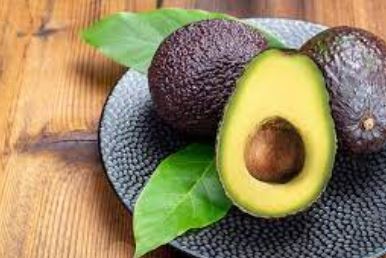
With its creamy texture and nutty flavor profile, you may be surprised to learn the avocado is categorized as a fruit, not a vegetable. But the avocado meets all the scientific criteria that define what a fruit is. Let’s examine why the avocado is considered a fruit from a botanical perspective. is avocado a fruit or a vegetable
Fleshy Pulp – The soft, edible part of the avocado contains pulpy flesh, like other fruits. This flesh develops from the ovary that houses the seed.
Large Seed – At the center of the avocado is a single, large seed. Most vegetables contain many small seeds, but fruits have larger, solitary seeds.
Floral Origins – Avocados grow on trees as the product of pollinated flowers. The seed develops from the ovule found inside the ovary of the avocado flower. This floral origin classifies them as fruits.
Natural Sugars – While not sweet like other fruits, avocados still contain sugars naturally. Their pulp has a subtly sweet flavor, whereas vegetables are more savory.
Tree Growth – Avocados grow on large flowering trees called Persea Americana in groves. The trees can reach 60 feet tall and live for over 200 years.
So while avocados have a thick green flesh unlike more juicy fruits, and are often used in savory dishes, their seed, flowering origins, and other characteristics align firmly with fruits from a botanical perspective. The next time you enjoy a creamy slice of avocado, remember that scientifically it is a highly nutritious fruit!
Is Avocado A Berry?
There is some debate about whether avocados are technically berries or drupes. A berry has thin skin and fleshy pulp surrounding a seed or seeds. Meanwhile a drupe has thicker skin and hard endocarp covering a seed. From a botanical view, avocados are classified as a single-seeded berry. Though they have thicker skin like a drupe, the fleshy mesocarp and large solitary seed fit the profile of a berry fruit.
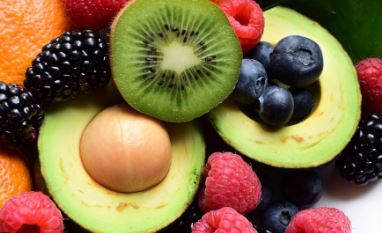
However, some argue avocados could be considered both a berry and a drupe. They point to characteristics avocados share with drupes like olives, apricots, and cherries – single large seed, thicker outer layer, and dryer flesh. Yet their fleshy pulp and floral origins align more with the definition of a berry.
So while commonly called an avocado pear, it’s most accurate to categorize avocados as single-seeded berries based on their pulp and seed structure, even if they share some drupe attributes as well. In the end, avocados are unique fruits that don’t fit perfectly into either category!
What Fruit is Avocado Related To?
Avocados are actually related to the laurel family, which includes cinnamon, bay leaves, and other aromatic trees. The avocado is specifically a member of the Lauraceae family and its scientific name is Persea americana.

Though commonly thought to be related to fruits like pears or peaches, avocados evolved completely separately.
Botanically, avocados are most closely related to another fruit called ambarella or Golden Apple (Spondias dulcis). Like avocados, ambarella have a large pit and are cultivated in tropical climates. They share a similar shape and green outer skin as well.
Both trace their origins to Central America and the Caribbean. Beyond ambarella, some other distant fruit relatives in the laurel plant family include Calabash nutmeg and Camphor laurel. So while avocados seem like a unique fruit, they share origins with other tropical fruits and trees from the Lauraceae family.
Why Are Avocados Savory?
Unlike most fruits, avocados have a distinctly savory, nutty flavor rather than a sweet one. This comes down to their unique nutritional composition. Avocados contain very high levels of monounsaturated fats compared to other fruits, making up around 15% of their total nutrients.
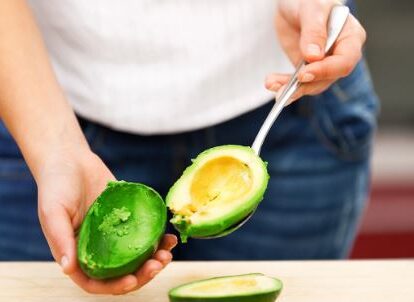
These heart-healthy fats impart a rich, creamy mouthfeel and more neutral taste. Avocados are lower in simple sugars than sweet fruits, containing less than 1% each of sucrose, glucose and fructose. Their savory umami taste also comes from amino acids like glutamate.
In addition, avocados contain antioxidants and essential nutrients that create subtle bitter flavors. Compounds like vitamin K, vitamin E, potassium, magnesium, and polyphenols generate a more earthy, less sweet taste when combined. The chlorophyll in avocados can also lend a subtle bitter, green profile.
So while botanically a fruit, the avocado’s high-fat content, low sugar levels, and unique nutrition impart a distinctly savory, nutty, delicious flavor, unlike most other sweet fruits you’ll find.
Is Avocado A Fruit Or Veg? In Summary
Despite being used in savory dishes, avocados are scientifically classified as fruits, not vegetables. Avocados meet all the criteria that define a fruit – they contain a large seed surrounded by a fleshy pulp, grow on trees that flower and pollinate, and contain natural sugars.
Their floral origins, pulp texture, solitary seed, growth habit on trees, and subtle sweet taste all align with the characteristics of fruits. While avocados have a uniquely savory, nutty flavor profile unlike most sweet fruits, this is due to their high-fat content and low sugar levels.
Their seed, pulp, origins, and other qualities make avocados a nutritious type of fruit perfect for salads, sandwiches, and more. So next time you enjoy avocado, remember that botanically it is firmly categorized as a fruit, not a vegetable.
